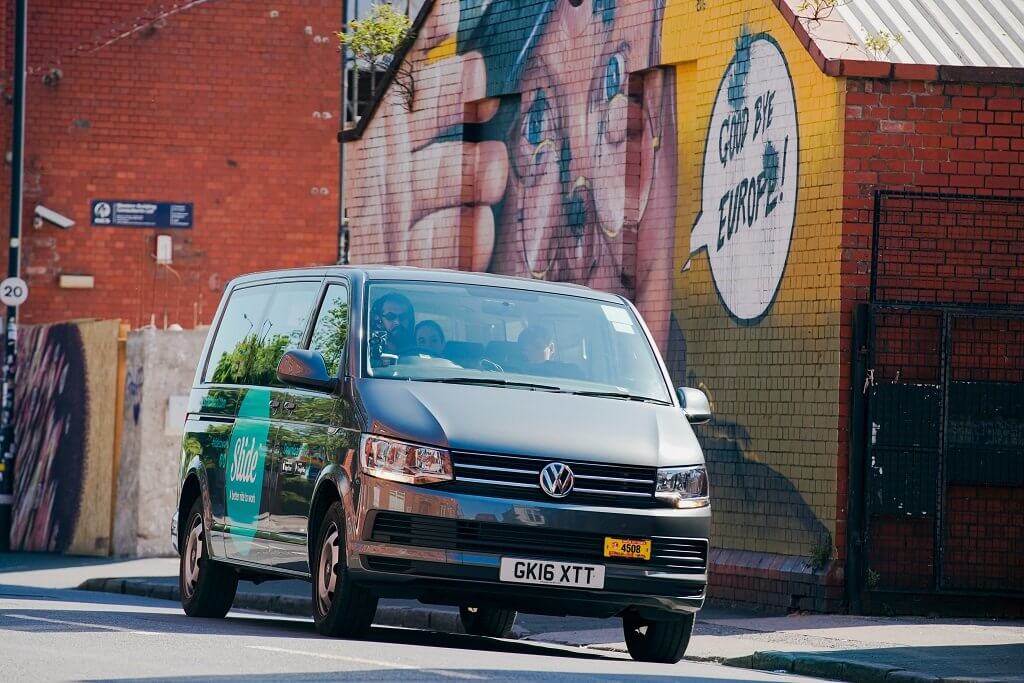
James Day meets with RATP Dev UK Business Development Director, Coralie Triadou, to discuss Slide, an example of a commercial demand-responsive transport service.
Demand Responsive Transport (DRT) is something traditionally seen from the community transport sector in the form of dial-a-ride – a subsidised service operated by volunteers which primarily works to prevent social isolation.
However, Slide is an example of a commercial bus operator establishing an innovative and transformative option for the industry. The service, which is operated by RATP Dev in Bristol, instead seeks to serve the commuter market first and foremost, and has seen a great deal of success since it was first launched in 2016.
The service was set up by Coralie Triadou, RATP Dev’s Business Development Director for the UK. She has held the role since April 2015 after initially joining RATP Dev in June 2012. I was able to meet with her to find out more.
Choosing the right location
The idea of a more personalised mode of transport had been considered by the RATP Dev team for some time, but the company decided to bring something to market about two years ago. It decided the UK was a good place to do that, and Bristol was the ideal city.
Smartphones were identified as something which the company wanted to be a key part of the service’s delivery, something Coralie described as truly fascinating technology which can offer a more personalised, dynamic service than mass transit. […]
By subscribing you will benefit from:
- Operator & Supplier Profiles
- Face-to-Face Interviews
- Lastest News
- Test Drives and Reviews
- Legal Updates
- Route Focus
- Industry Insider Opinions
- Passenger Perspective
- Vehicle Launches
- and much more!


